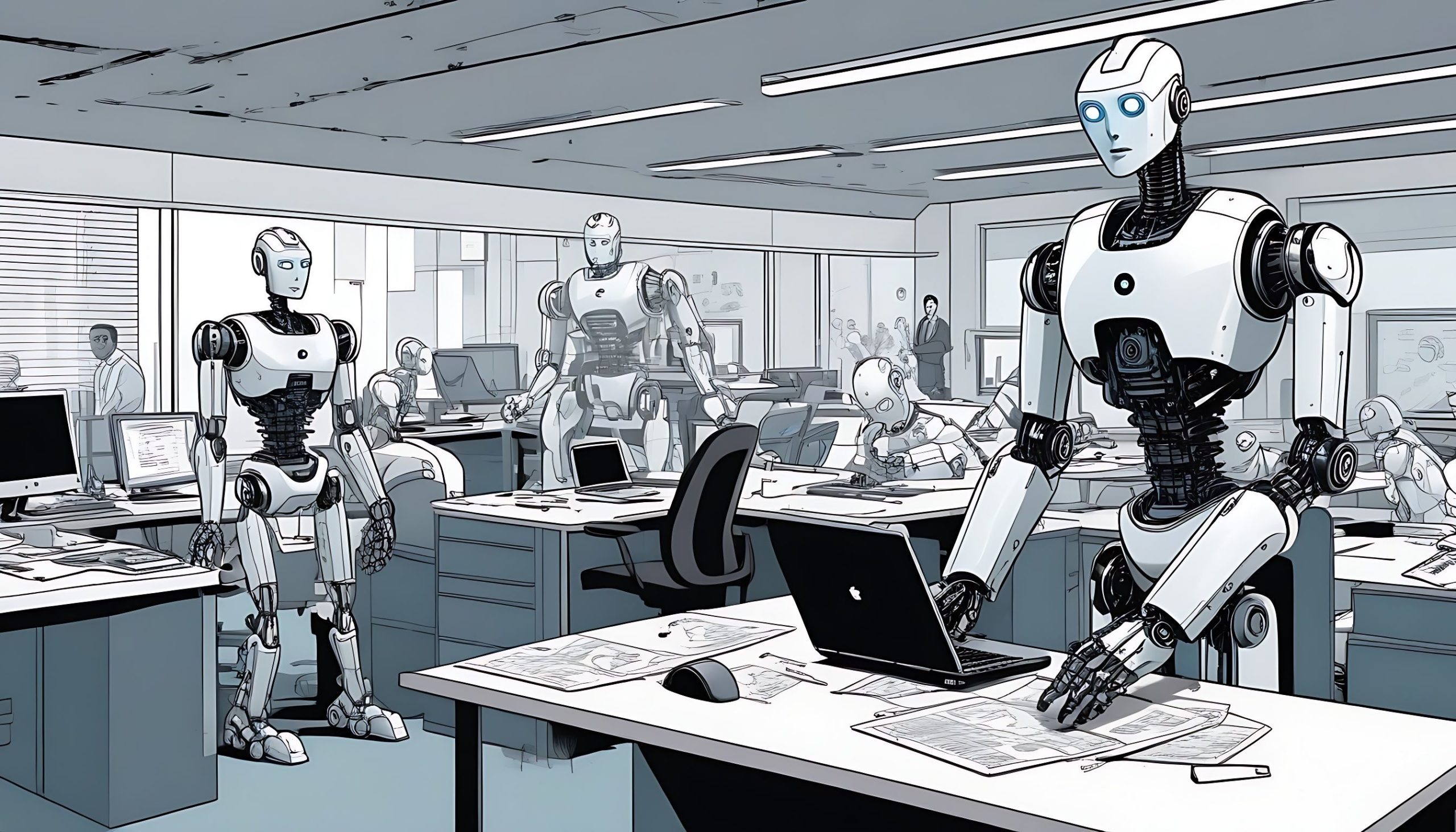Approximately 25% of CEOs worldwide plan to reduce their workforce by a minimum of 5% due to the impact of generative artificial intelligence (AI), according to a recent survey conducted by PricewaterhouseCoopers (PwC).
The survey, released on January 15, collected responses from more than 4,700 CEOs across 105 countries, with more than half of the CEOs surveyed currently at the helm of organizations with annual revenues exceeding $100 million.
A little less than one-third indicated that their company had already integrated generative AI into its operations. Meanwhile, a quarter of CEOs are projected to terminate at least 5% of their workforce due to the influence of this technology.
However, PwC’s report suggests that companies implementing staff reductions in certain areas for efficiency may be compensating for them by hiring in other areas.
Although 14% of technology CEOs anticipate reducing headcount in the next year due to generative AI, 56% also anticipate hiring in 2024.
Industries such as media, entertainment, banking, capital markets, and insurance showed a higher likelihood of implementing workforce reductions as a result of generative AI technology. Conversely, sectors like engineering, construction, technology, metals, and mining appeared to be less susceptible to layoffs driven by AI.
Approximately 70% of CEOs expressed the expectation that artificial intelligence (AI) would alter their business models and necessitate their employees to acquire new skills within the next three years.
The findings of the survey were released a day after Kristalina Georgieva, the managing director of the International Monetary Fund (IMF), presented an analysis indicating that 40% of all jobs are vulnerable to AI, and the technology had the potential to exacerbate inequality.
Georgieva highlighted that AI has the potential to worsen inequality, given that nearly half of the jobs susceptible to AI integration may experience enhanced productivity, resulting in disproportionately higher wages. The remaining half might witness AI replacing human roles, leading to reduced wages, diminished labor demand, and fewer job opportunities.
“In the most extreme cases, some of these jobs may disappear […] Many of these [emerging markets and low-income] countries don’t have the infrastructure or skilled workforces to harness the benefits of AI, raising the risk that over time the technology could worsen inequality among nations,” Georgieva added.
Emphasizing the importance, she stated that it was vital for nations to establish social safety nets and implement programs to support workers who may face risks due to AI.
The impact of this technology is anticipated to be a significant focal point of discussion at the World Economic Forum in Davos, drawing participation from both Big Tech executives and global leaders.
















